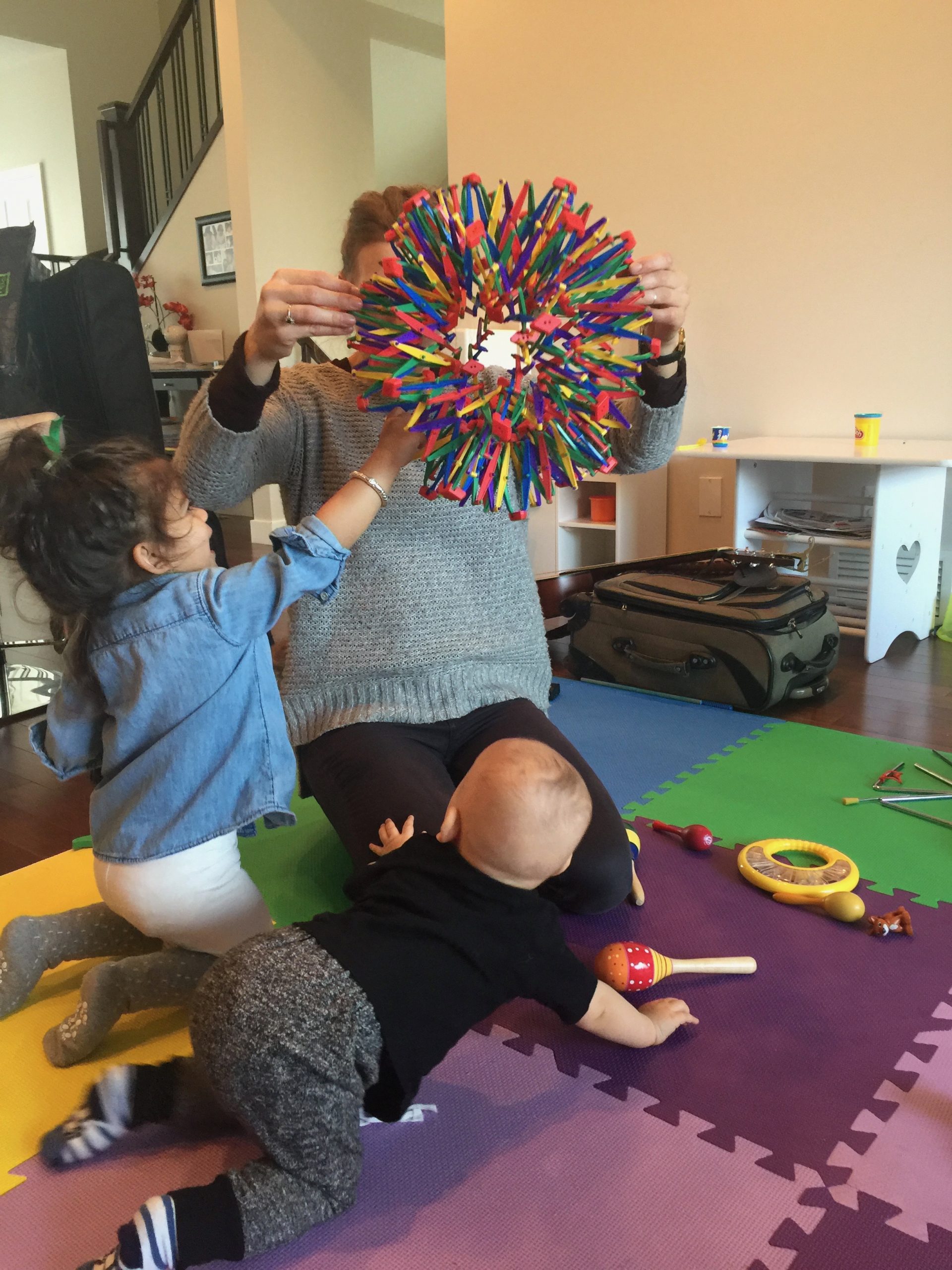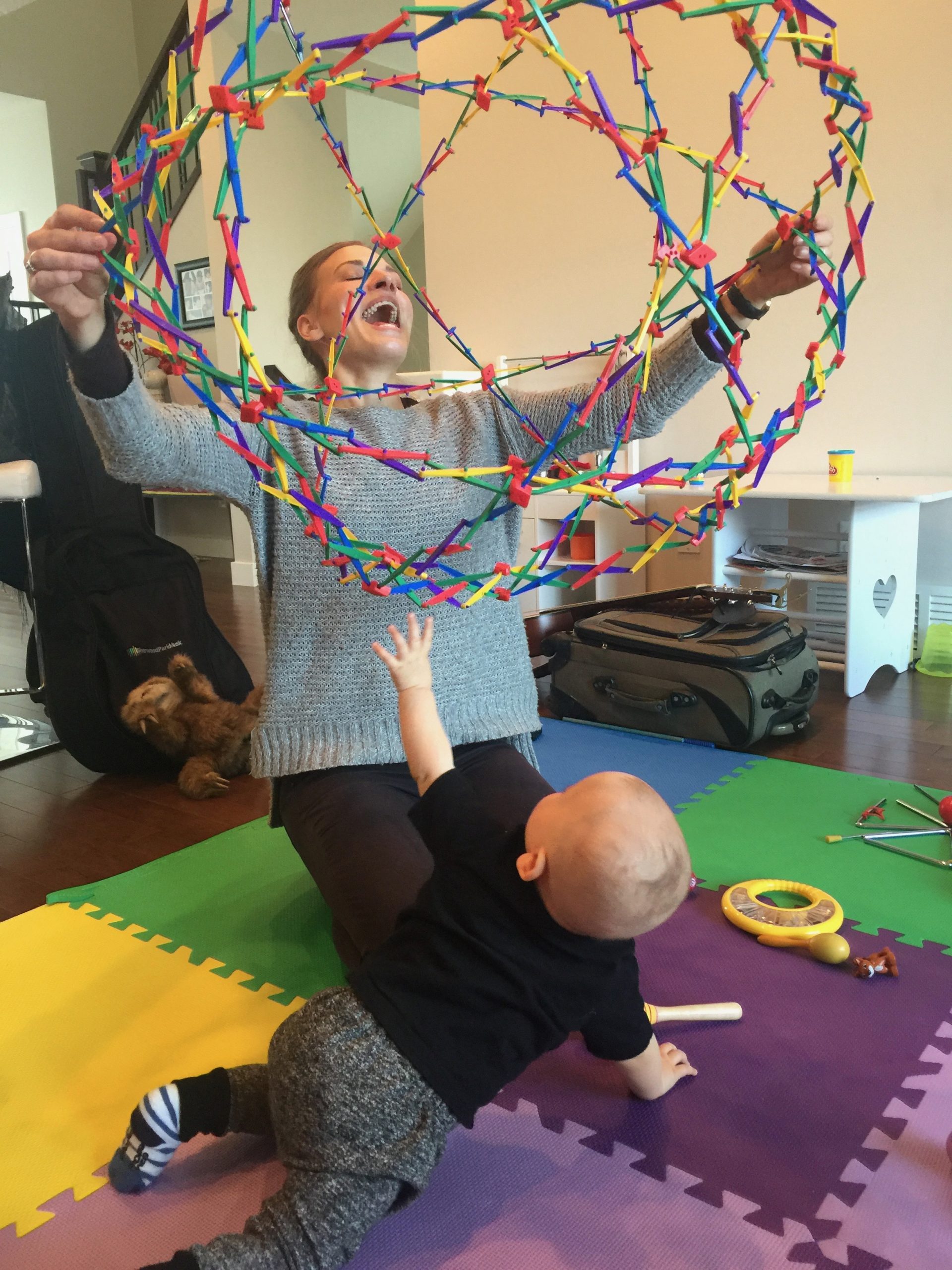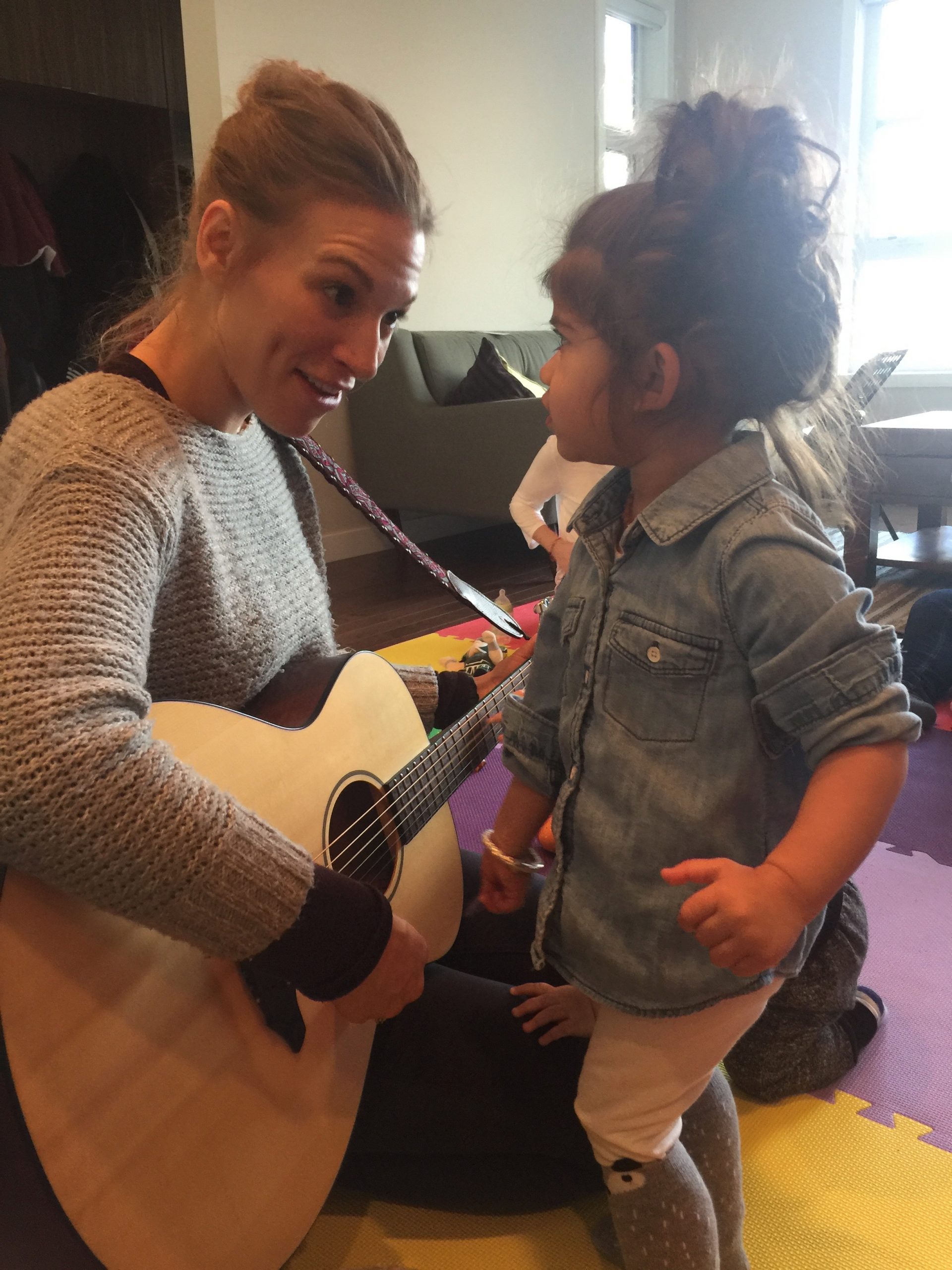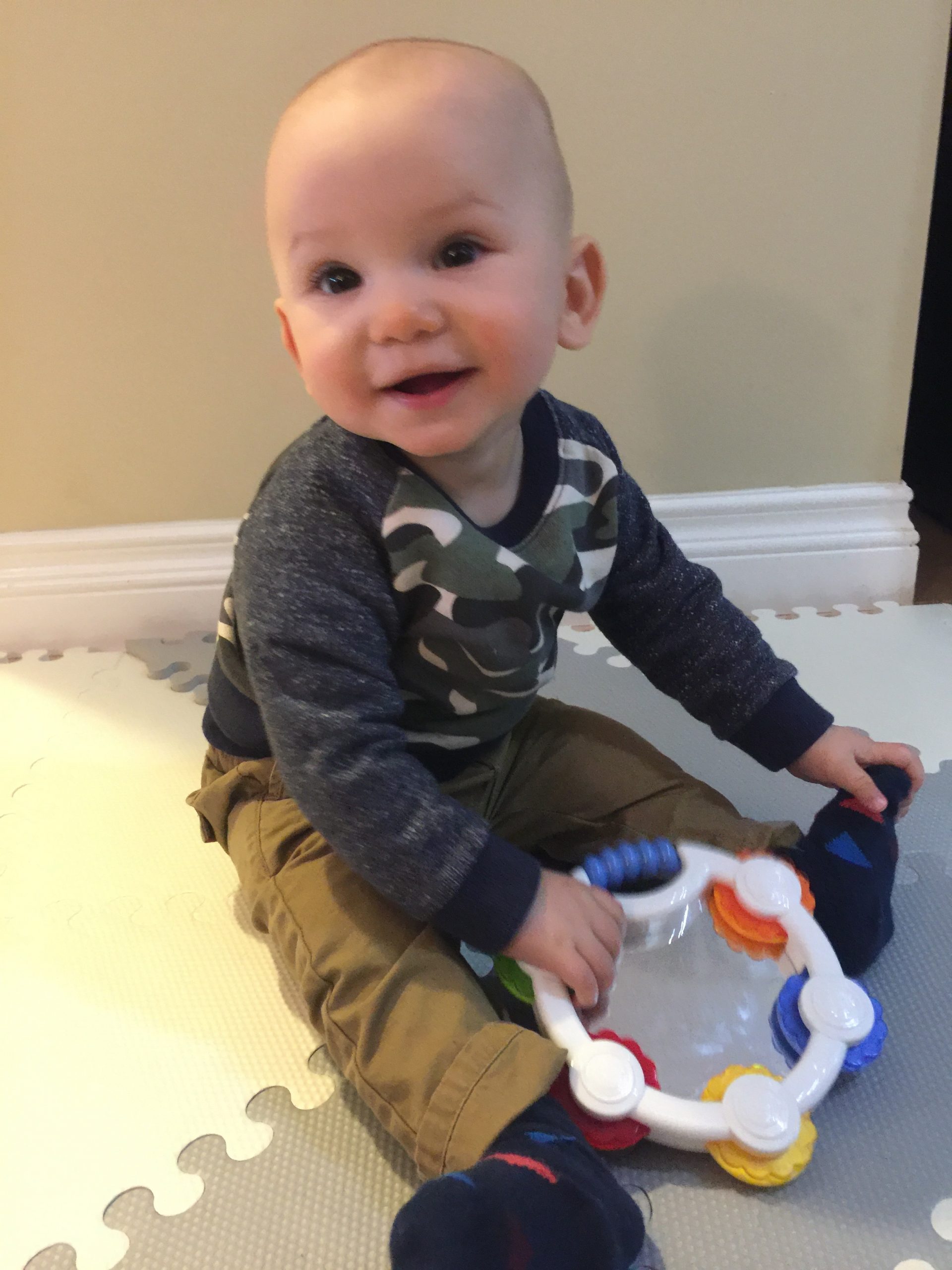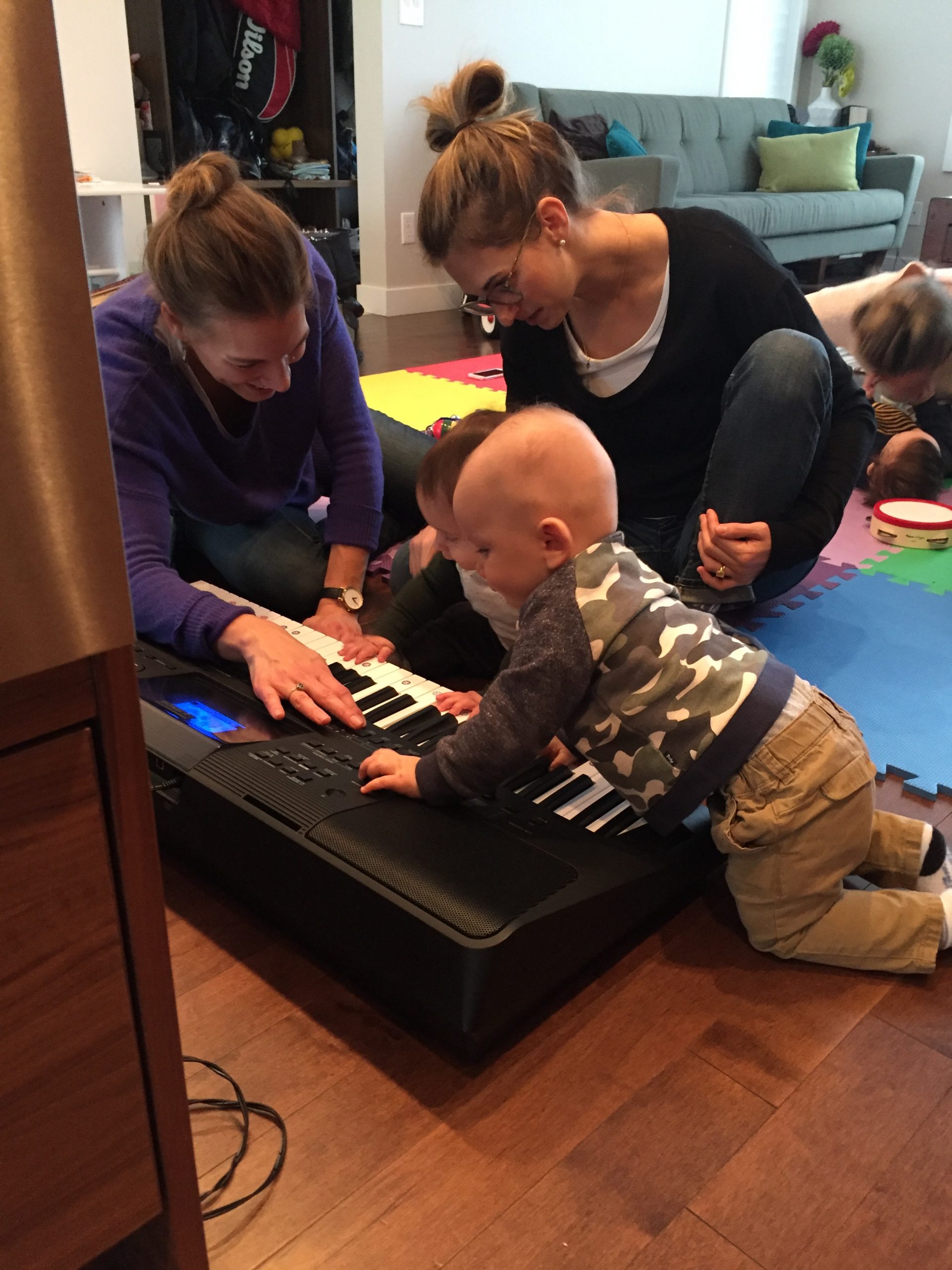

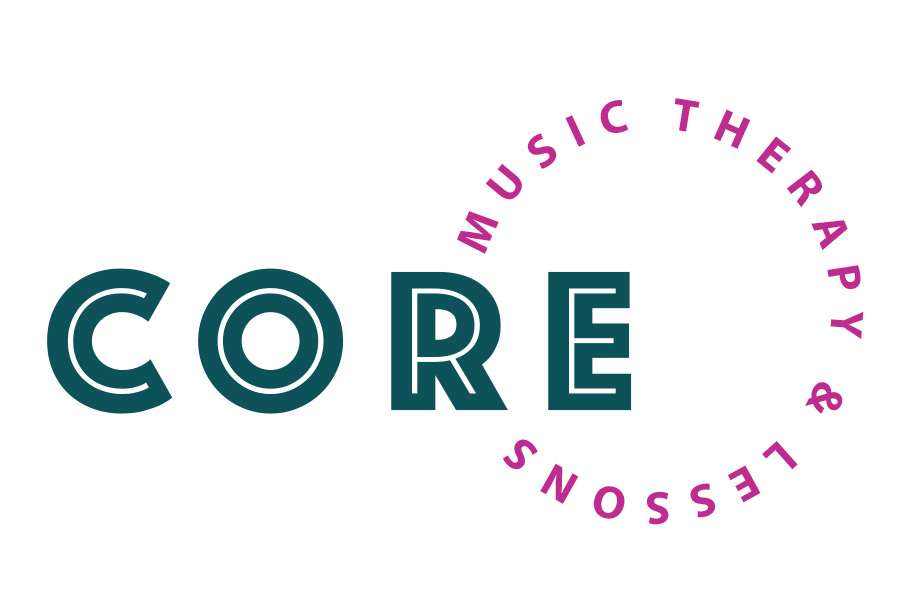
At the foundation of my practice is the strong belief that at the core of every person is boundless potential. Everyone is affected by music in a way that is unique to them. The smallest response or change could be someones greatest expression and that is what drives me in my business each day. Since 2015, Core Music Therapy strives to provide professional and intuitive music therapy services to multiple populations throughout Calgary and it’s surrounding area.

FOUNDER & MUSIC THERAPIST


MUSIC THERAPY
Music therapy is the skillful use of music and musical elements by an accredited music therapist to promote, maintain, and restore mental, physical, emotional, and spiritual health.

MUSIC LESSONS
Elle uses a well-rounded approach with her students and aims to increase the students confidence level and appreciation for music through the learning process.
ELLE MCANDREWS, MTA
Elle is a native Calgarian who studied classical piano during her undergraduate studies and went on to pursue her Music Therapy degree at Capilano University in North Vancouver, British Columbia. Her studies included counselling, improvisation, music theory, analytical music therapy, psychology and medical music therapy. Elle has completed her level II training in the Bonny Method of Guided Imagery and Music and has experience facilitating groups in the method. Elle is an accredited music therapist (MTA) in Canada, and a board certified music therapist (MT-BC) in the United States. Elle is a member of the Music Therapy association of Alberta, and the Canadian Association of Music Therapy. Advocacy is an important aspect of her career and in the past Elle was the Alberta representative for the Canadian Music Therapy Trust Fund from 2014-2016. She became the Calgary representative for Music Heals in 2015, a non profit organization that raises money for Music Therapy Programs across Canada. Elle has experience working with children who experience early signs of autism and developmental delay, special needs children in the Calgary public, private and catholic school systems, youth at risk, adults with brain injury, mental illness including depression and anxiety, and geriatric populations who are living with dementia, Alzheimers, Parkinson’s Disease and other aged-related illnesses.


Fill out this form if you are interested in learning more about music therapy or would like to inquire about recieving lessons.







